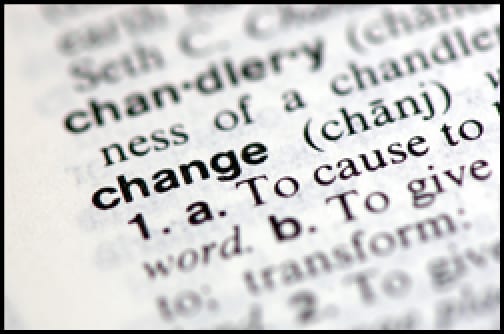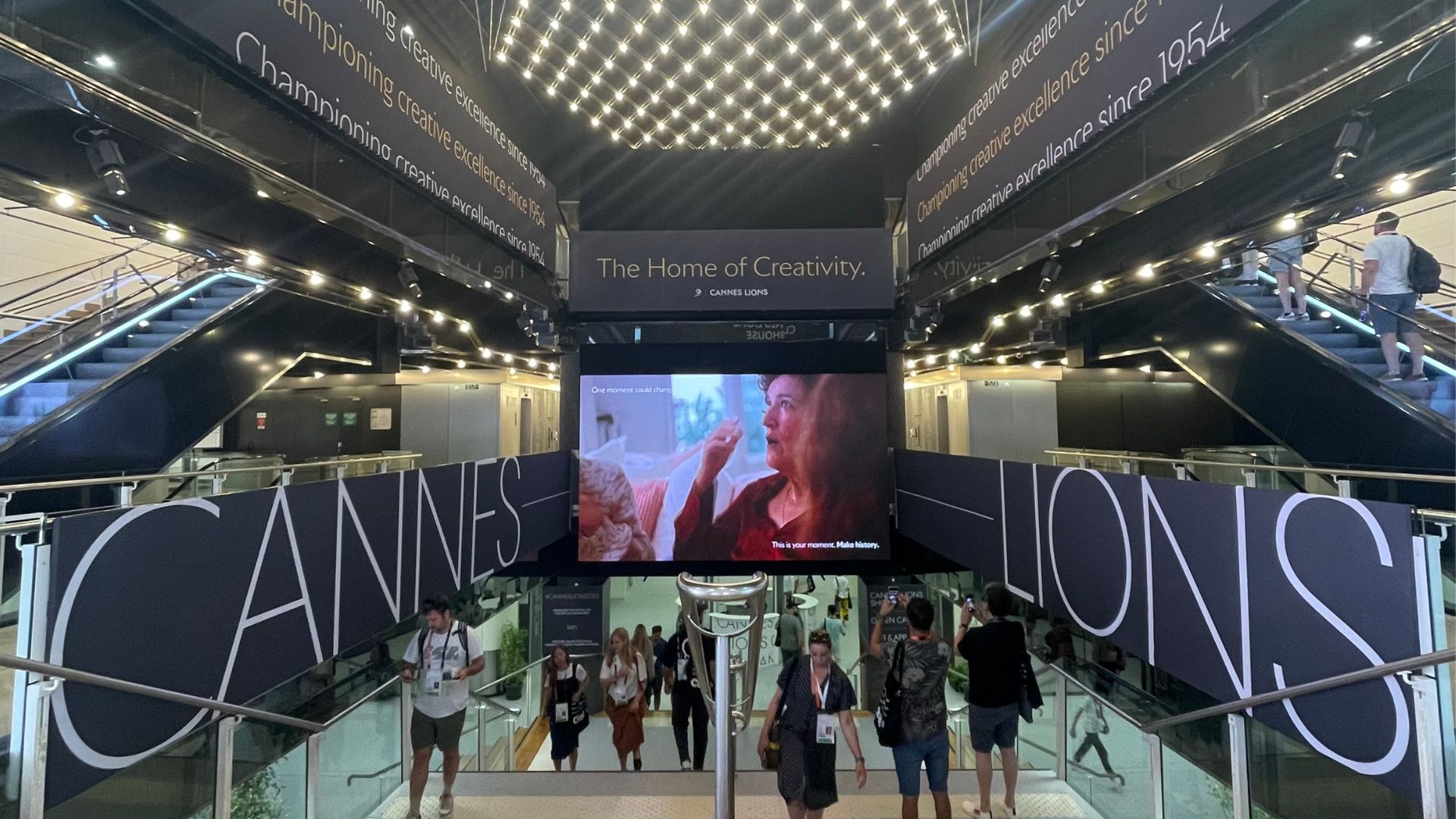 I work with ideas all day. I see their genesis, appreciate their value and applaud their implementation. I also believe they should be paid for, despite a climate that favors paying only for implementation and not conceptualization. Not “affording” idea development, I contend, is short-term thinking. In fact, paying for ideas is how to stay in business. Here’s my logic…
I work with ideas all day. I see their genesis, appreciate their value and applaud their implementation. I also believe they should be paid for, despite a climate that favors paying only for implementation and not conceptualization. Not “affording” idea development, I contend, is short-term thinking. In fact, paying for ideas is how to stay in business. Here’s my logic…
People say, “Economic times are tough. We don’t have the budget for big ideas.”
Truth is, economic times are tough. World Bank data reports1 global GDP growth is slowing: 2.2% in 2012 down from 4.0% just two years ago. Communication agencies worldwide report contracting client budgets. But that’s not the whole story. While the world economy may be shrinking, communications firms are growing. Research by the ICCO2 puts global PR industry growth at a steady 8% for the past three years.
How do we explain this disparity? I have two theories.
1) Idea Scarcity: Great Pitchers Get Paid
In baseball, skilled pitchers are rare. Few can accurately throw at 95 miles an hour. It’s a skill worth rewarding and American baseball is an industry flush with money5 – We’re talking $1.5 billion in contracts for the top ten players alone. The same goes for the big creative pitchers in PR. What do CMOs and brand managers demand from agencies? Big Ideas. What are agencies vying to supply clients? Big Ideas. And what often leads to big budget payoffs? Big Ideas.
2) Idea Effectiveness: Proof is in the Pudding
Admittedly, not all budgets can or will grow. Corporations seek a good value and the burden of proving value is high on both sides. Living quarter to quarter, with pressures to “move the needle,” creative solutions are often short-term.
Quick results for small ideas can satisfy the appetite to provide value. A cheap snack like pudding can briefly satisfy before you’re hungry again. On the other hand, a five-star meal – like a great creative idea – takes time, energy and budget to prepare but the experience lasts. Clients who experience a great creative campaign first-hand truly appreciate it.
Those who do – Cannes Creative Lions winners for example – also enjoy benefits including skyrocketing stock prices and envious competitors. Inexpensive measurement tools can provide ROI data for even modest earned and shared campaigns. In fact, many Cannes winners are pro-bono or non-profit clients who let creativity run wild on limited budgets.
I would love to see our industry shift its definition of “affordable creativity” from its present short-term view to a much longer opportunity cost perspective. Little else an agency does approaches the opportunity cost of investing in creativity: ecstatic clients, increased stock price, rising billings, award recognition, engaged employees, to name just a few.
Great creative lets agencies grow. And buy all the pudding and baseball tickets they could ever desire.


